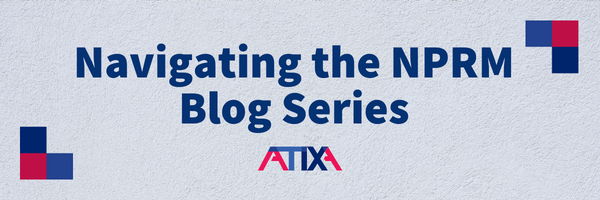
By Mikiba W. Morehead, M.A., Ed.D., Consultant, TNG
There are two federal laws that primarily govern the rights of K-12 students with disabilities: Section 504 of the Rehabilitation Act[1] and the Individuals with Disabilities Education Act (IDEA).[2]
- Section 504 prohibits discrimination on the basis of disability in education programs or activities that receive federal financial assistance.
- IDEA ensures that eligible students with a disability receive a free appropriate public education (FAPE) that is tailored to their individual needs.
IDEA’s goal is to provide children with disabilities equal access to education in the least restrictive educational environment possible. Under IDEA, accommodations and other provisions for qualified students with a disability are outlined in a student’s Individualized Education Program (IEP) plan. IEPs are developed, implemented, and monitored by a multidisciplinary group of individuals known as the IEP Team. The Department of Education’s Title IX Notice of Proposed Rule Making (NPRM) identifies the IEP Team as an important partner when implementing the Title IX grievance process within the K-12 environment.[3]
The preamble of the proposed rule points to the significant number of students with disabilities who experience some form of sex-based harassment as the driver behind these changes.[4] The Department of Education recognizes the extra care and consideration that may need to be afforded to students with disabilities in situations that implicate Title IX. Therefore, the proposed rule highlights additional protections for elementary and secondary students with disabilities who are parties to a complaint that would implicate the recipient’s Title IX grievance procedures.
The proposed rule would require the Title IX Coordinator to consult with the student’s IEP Team at each stage of the grievance process, as well as when implementing supportive measures, to help ensure compliance with IDEA and Section 504.[5] Since the Title IX Coordinator may not be familiar with a particular student’s disability-related needs, collaboration with the student’s IEP Team will ensure any necessary modifications to the process or supportive measures in order to provide an equitable opportunity to meaningfully participate in the Title IX grievance process are executed. Collaborative conversations regarding the least burdensome way to implement a supportive measure, how to effectively communicate information contained in the notice of investigation and allegations, or any required adjustments to the investigation process are a few examples of key areas where extra consideration and care may need to be taken. Insights provided by a student’s IEP Team will be of great value to Title IX Coordinators.
In circumstances where the outcome of the Title IX grievance process might impact a student with a disability’s access to FAPE, collaboration between the IEP Team and the Title IX Coordinator is crucial. Decisions that would affect the student’s placement and progress toward annual goals would benefit from additional partnership between the IEP Team and the Title IX Coordinator to ensure the student’s rights afforded by IDEA and Section 504 are not infringed upon by the Title IX grievance process.
Title IX Coordinators should take steps now to build positive relationships with their school and/or district IEP Team members and to learn about the IEP process. Additionally, Title IX Coordinators should take steps to develop a deeper understanding of the distinct protections granted by each disability statute to adhere to compliance requirements and better support students, especially at the intersection of Title IX and manifestation determinations. ATIXA is here to help! Learn more about supporting students with disabilities in our K-12 ADA/504 Coordinator course.
Read more ATIXA Tip of the Week blogs here.
[1] 29 U.S.C. § 794
[2] 20 U.S.C. § 1400, et. seq.
[3] Nondiscrimination on the Basis of Sex in Education Programs or Activities Receiving Federal Financial Assistance, 87 Fed. Reg. 41429-30, 41447-48, and 41451 (July 12, 2022).
[4] Id. at 41430.
[5] Id. at 41570 and 41574.
